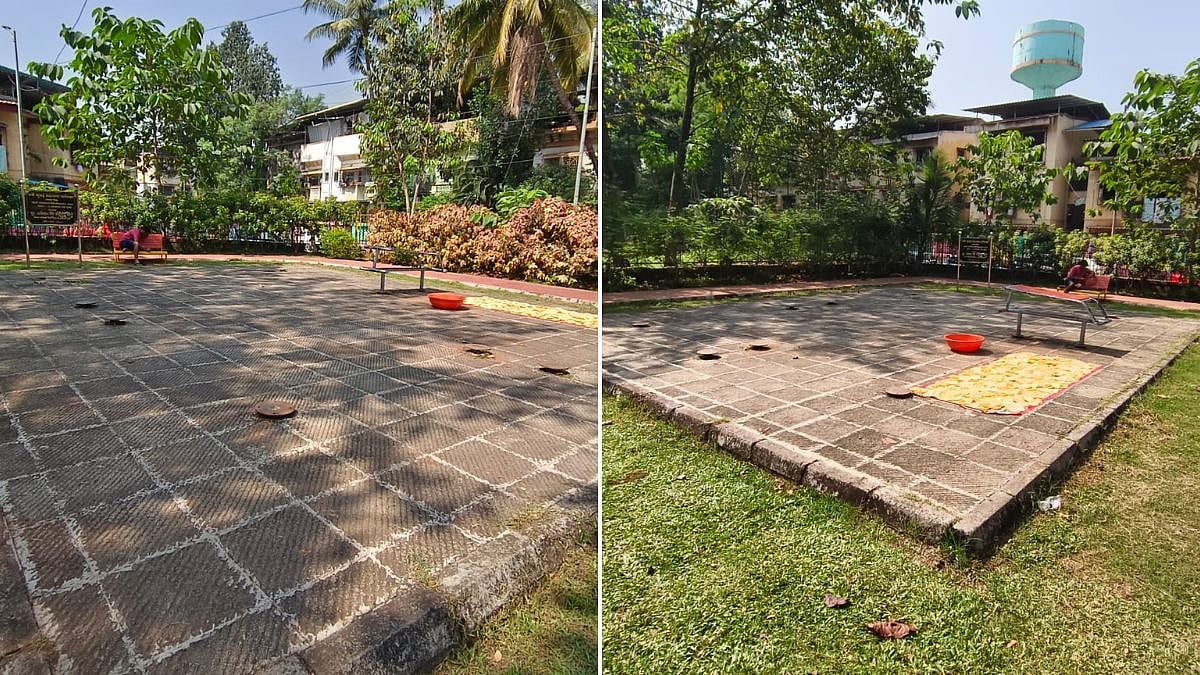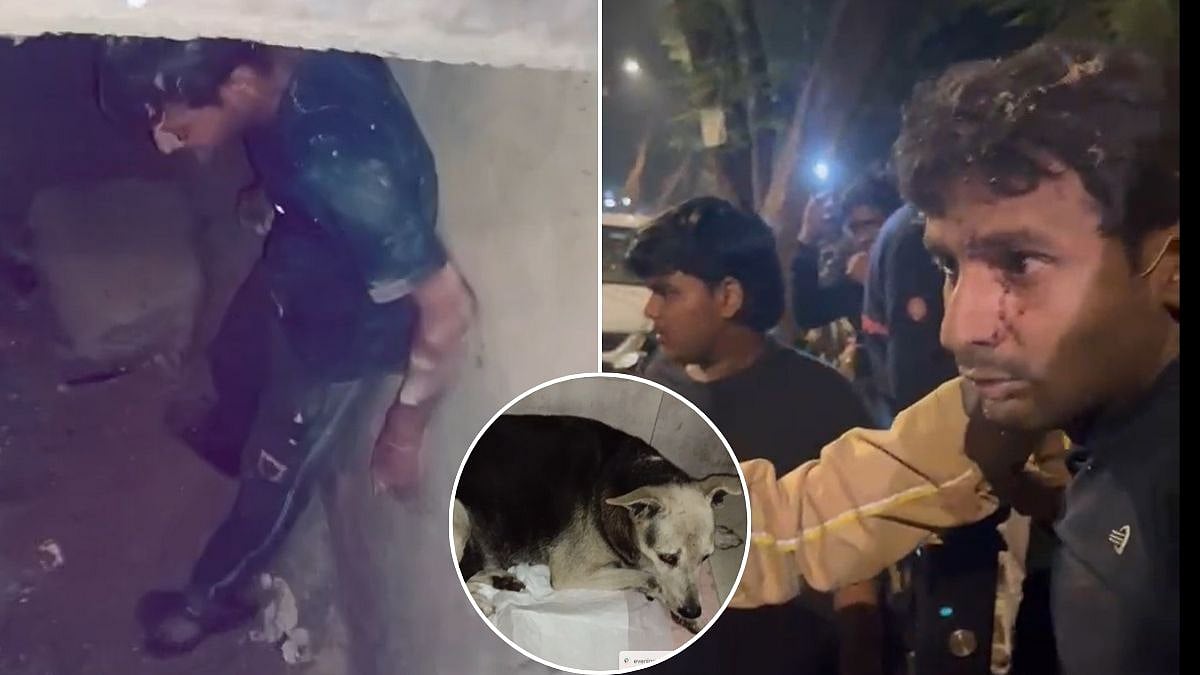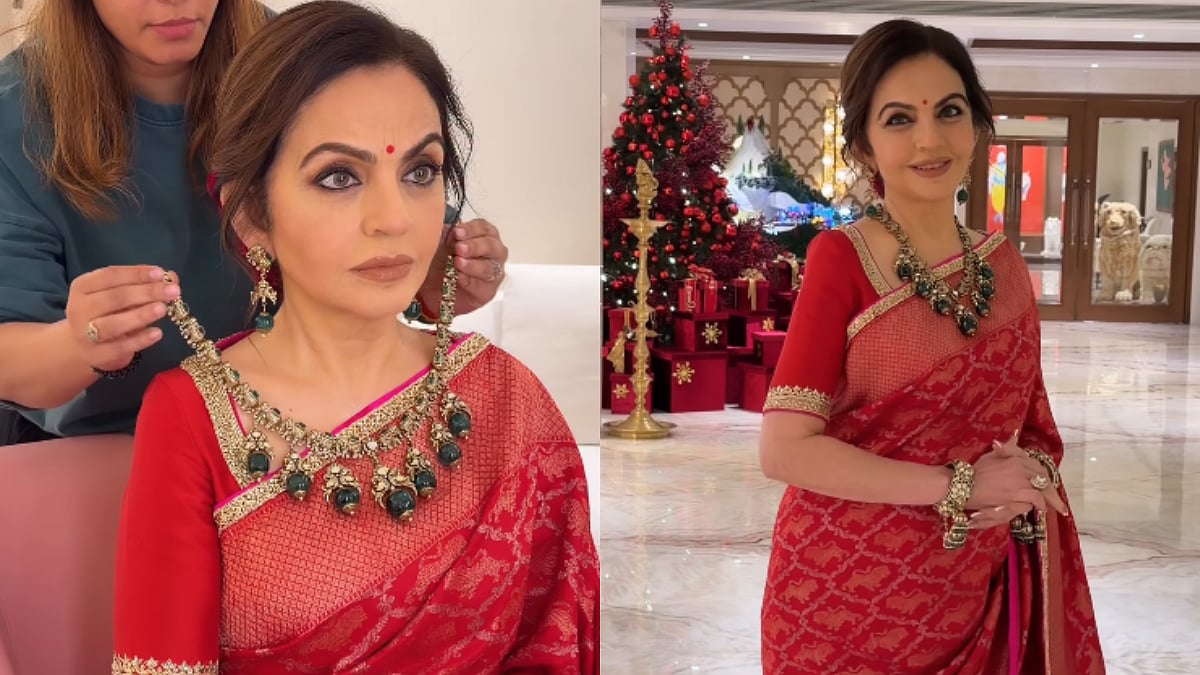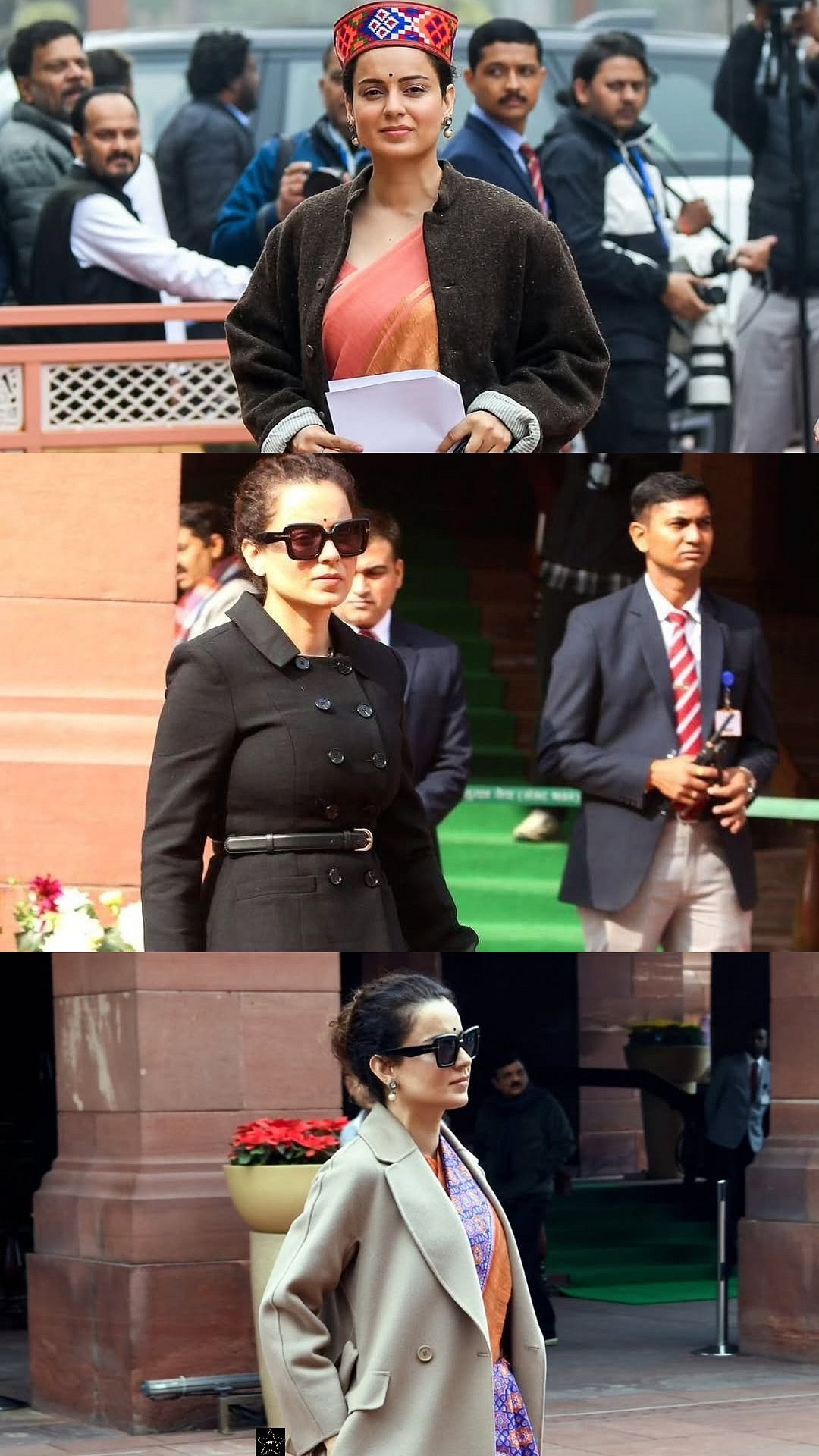Today is the closing day of a six-day festival, Rangmanch ka Rang-Punch, at Prithvi Theatre, Mumbai, that is celebrating Aarambh group’s stepping into its fifteenth year. Presented by Zee Theatre and supported by Raza Foundation, the festival, which is re-staging several of Aarambh’s plays, opened with the 2011, award-winning OK Tata Bye Bye, that was written and produced by Purva Naresh, a founding member of Aarambh. A story about two documentary filmmakers seeking an interview with a sex worker in a remote village, OK Tata Bye Bye threw light on various issues of rural India in a stimulating and entertaining manner. This play was followed by Aaj Rang Hai that was staged on two consecutive days. Written and directed by Purva, the latter play, incorporating poems by Amir Khusrao, was first staged in 2010.
Purva’s stories have always been original, and are most often set in non-metropolitan towns, qasbahs or even the snow-clad slopes of Kashmir, capturing what she says is “the essence of our homeland”. Sharply-written dialogues, poetry, song, music, costumes and imaginative sets that are essentially Indian are the hallmarks of her oeuvre; with talents like Shubha Mudgal and Purva’s well-known poet-father, Naresh Saxena lending heft to some of her productions. Giving further insight into India’s cultural heritage, there have been master classes on kathak, story-telling for children, lyric–writing and poetry at Prithvi House.
The third play of the festival was Roshe Roshe, a lavish production about a Kashmiri peasant-poetess Zoon who stood up to Emperor Akbar, and whose songs resonate in Kashmir even today. Purva was inspired to write about the fiery Zoon after she visited the strife-torn state and staged the play inititially for Aadyam festival, an Aditya Birla initiative.
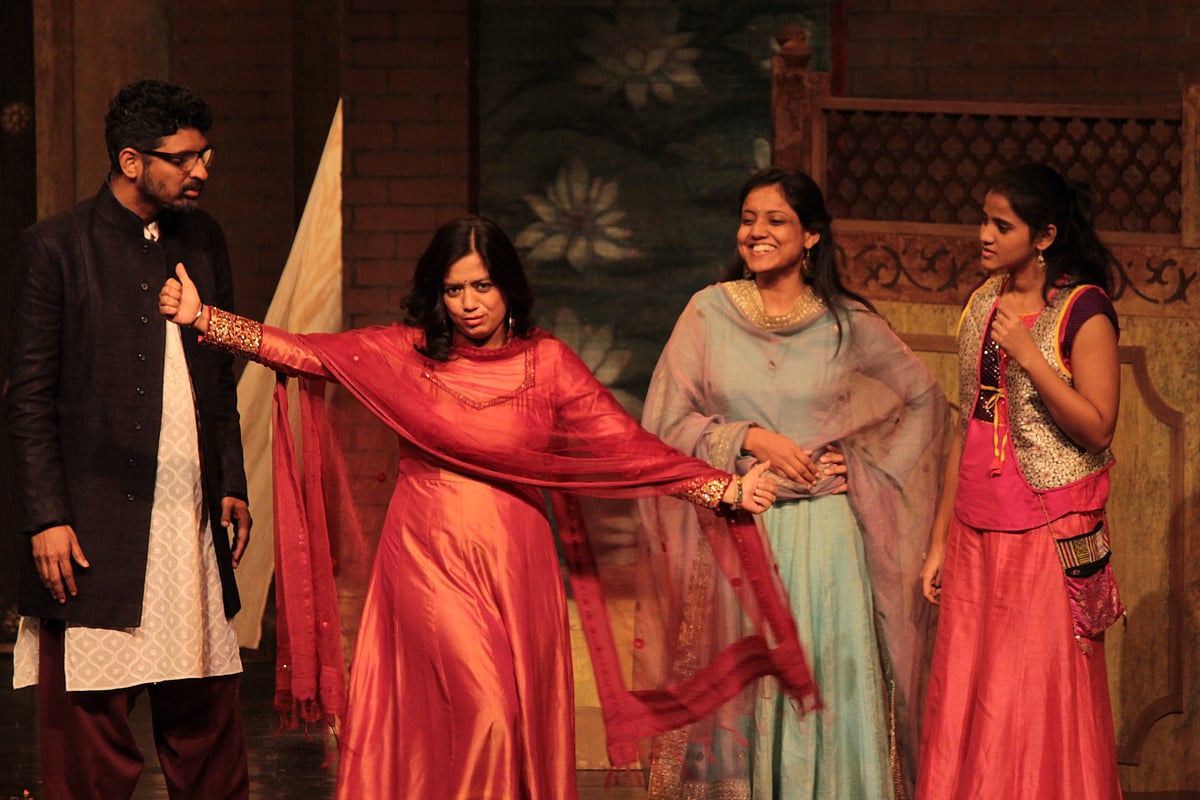
Ladies’ Sangeet |
The fourth play that was staged at this celebratory festival was the song-and dance-studded Ladies’ Sangeet, that gives you an entertaining peek into a pre-wedding event, where generations and genders clash and many a traditional notion is stood on its head.
The grand finale will be this evening’s Bandish – a sharp satire on how both, folk artistes and classical singers were given short shrift after Independence, even by bodies like All India Radio. Set in the year when the country was celebrating 70 years of its freedom, Bandish is a scathing expose of babudom. The play shows lip-service being paid to two singers whose glorious days are over, by a politician who holds a function to felicitate them in a small qasbah. Typically, the focus of the evening is an item-number dancer whom everyone kowtows to, while the senior artistes languish in the wings. Deeply moving, the play throws light on deteriorating cultural values and shabby government do’s.
Catching up with Purva Naresh, writer-director, kathak dancer and skilled pakhawaj player, we ask her a few questions.
What made you start your theatre group, Aarambh?
I wanted to tell desi stories with a swag, and direct my own scripts, as opposed to adaptations. Very few producers then were willing to bet on a new director with a new script. So I turned producer with Aarambh, with the intention of developing new plays in Hindi, with contemporary relevance.

Aaj Rang Hai... |
You performed in Aaj Rang Hai...
I have always danced in Aaj Rang Hai which is a fourteen-year-old play. Earlier, I had written the song and choreographed the dances in Bade Miya Deewane, in which I played the role of Heera Bai. I have also done bit roles for friends in films like Krish2-3, Nautanki Sala and in Anurag Basu’s series on Tagore on Netflix.
You are a trained kathak dancer and you play the pakhavaj…
Yes. I was three when I was sent to Kathak Kendra, Lucknow for training in dance; and five when I started learning to play the pakhavaj at Bhatkhande Music College, Lucknow.

Bandish |
Writing satires and presenting them through poetry, music, dance, with elaborate sets and costumes. How do you hold it all together?
My multi-tasking mother, who was a filmmaker, was my role model. My father who is a poet, has also been a strong influence on me. My training in the arts from a young age and, later, the training at Film and Television Institute of India inculcated a sense of rigorous discipline in me that holds me in good stead. Plus, I have a very good team of crew members and actors.
What next?
There are two new plays in the offing. Also, I am trying to liberate myself from the image of producing exotic musicals by curating Baawli Betiyaan that are testimonial by women of their moments of dissent and wicked songs. Hopefully my debut film, Vijay Bhav, as a writer-dirctor will also take shape soon.


